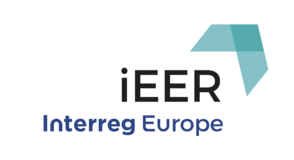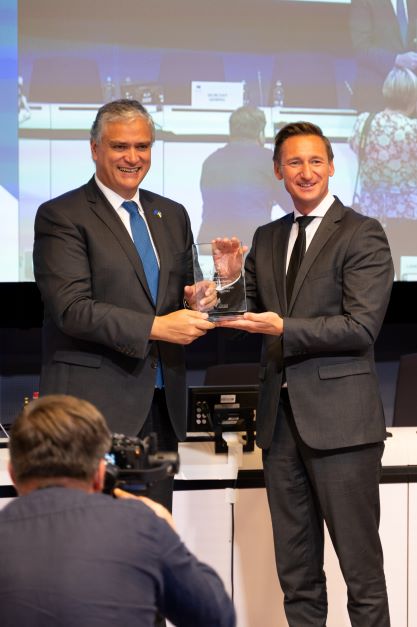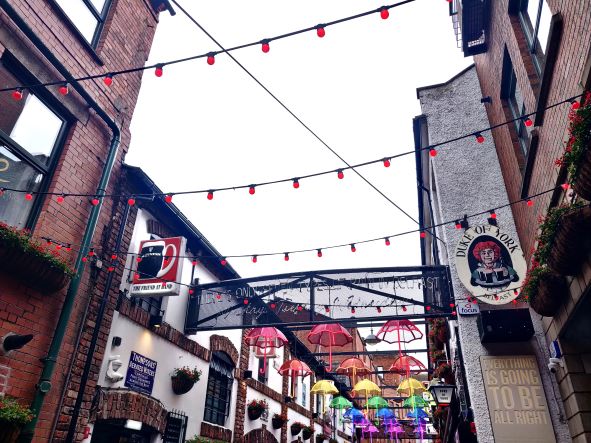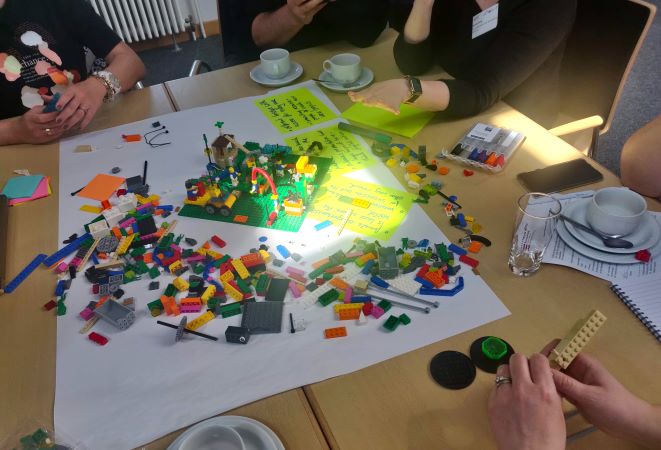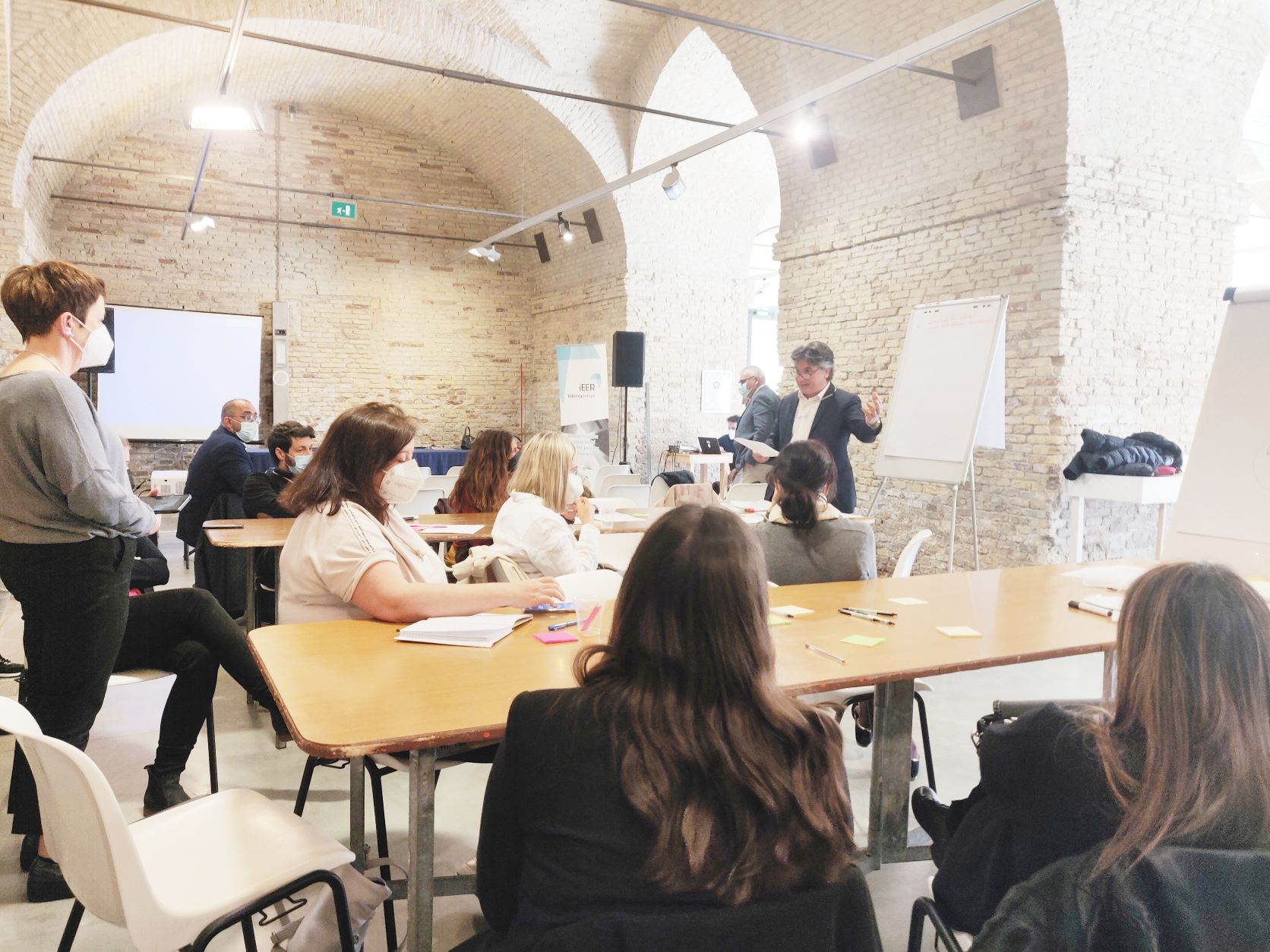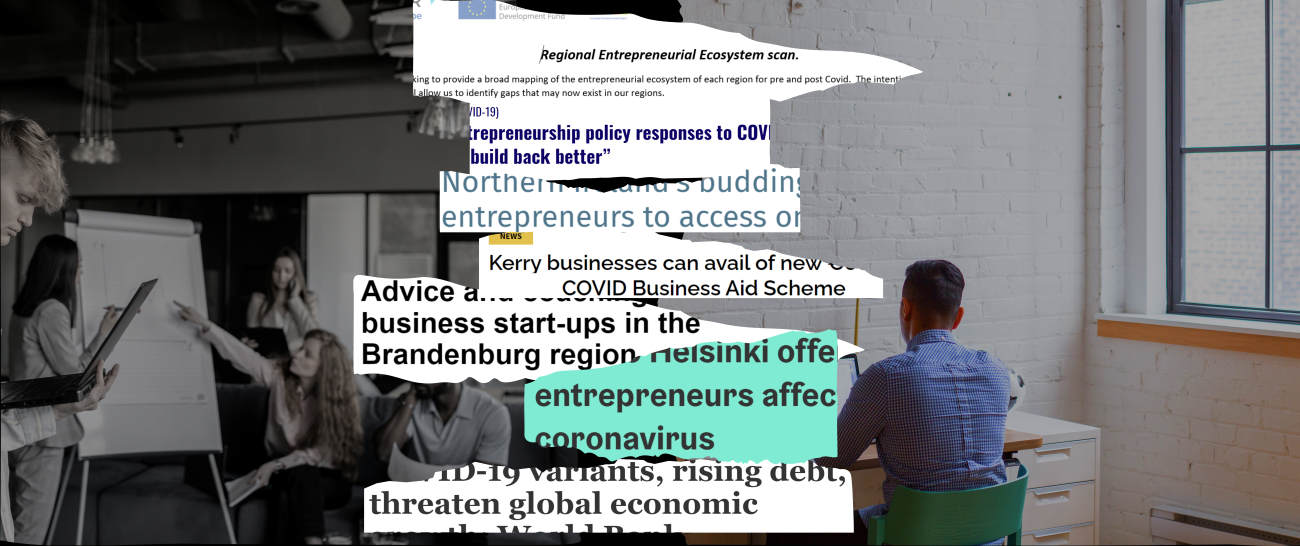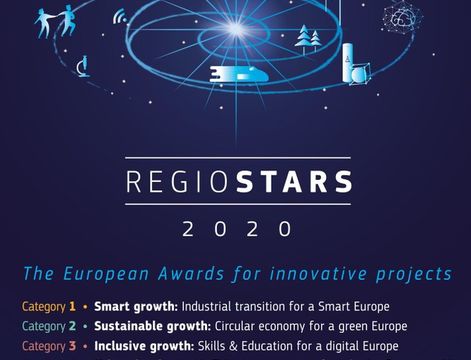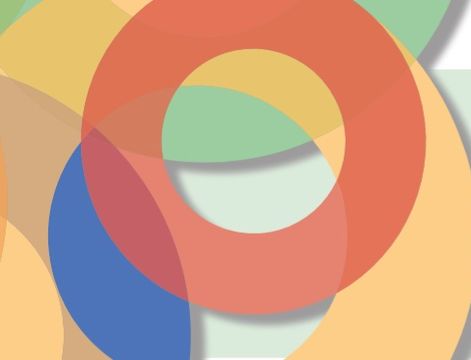iEER partners and stakeholders gathered in sunny and summery Brandenburg for an eventful workshop on green and digital entrepreneurship on May 24-25. The iEER interregional events focus on learning from each other and encouraging and inspiring future actions.
Following the previous iEER learning event in the Marche region on inclusive entrepreneurship, this time, participants continued learning on the topic of green and digital entrepreneurhship.
“To recover sustainably from the Covid pandemic, we must be inclusive, green, and digital”. Aspiring words addressed by Prof. Dr. Andreas Wilms, President of the Brandenburg University of Applied Sciences.
One of the recurring questions is how we could measure the ecological or social impact of a company or public policy. For example, how do we measure the wellness of a community? And how can we inform decision-makers about it? Who would collect data, how, and what kind of data do we need?
Digital isn’t (necessarily) green
We heard good practices about green and digital solutions. One of the presentations was a fresh perspective from Antonia Bartning, co-founder of Pitch your green idea, a board game with prompts to inspire and motivate green ideas. In addition to interesting takeaways on new sustainable inventions, she also brought up the enormous energy consumption that the use of internet and digital tools require. For example in Germany, due to energy consumption, internet usage is the second biggest polluter after car traffic. We can only assume the numbers are similar in other European countries. It sparked discussion whether green and digital go hand in hand after all. So, although we must take into consideration that digital tools do save enormous amounts of printed media, they are not free of emissions.
Digital tools can, however, support inclusion and provide new opportunities for many people and even business opportunities for innovative entrepreneurs. One such example is age tech, which will become even more relevant with the aging population.
Business transfer as means to inject economic vitality
One of the workshop topics was about the topic of succession, which will become all the more relevant due to the aging population and retiring business owners. We realised that few of the partner regions work actively in the field of succession, even though it is very topical in all of EU. One idea is to encourage for example students to buy an already existing business instead of establishing their own start-up. Taking on an existing business has many benefits since the new business owner does not need to start from scratch, and at the same time, succession is a great opportunity to make reforms in the company – for example towards a more green and sustainable business model.
On the second day, participants were grouped for a workshop to shape the discussions into further action. By using Lego serious play, we further collected ideas that could be transformed into action plans. At the end, the outcome of the workshop was surprisingly convergent in view of future cooperation for driving a green and digital transition: we need collaboration with multiple actors, where information and results are openly and easily accessible; a community of knowledge that covers all of society.
Watch the video:
Edited: Video added to the news text on October 24, 2022.
